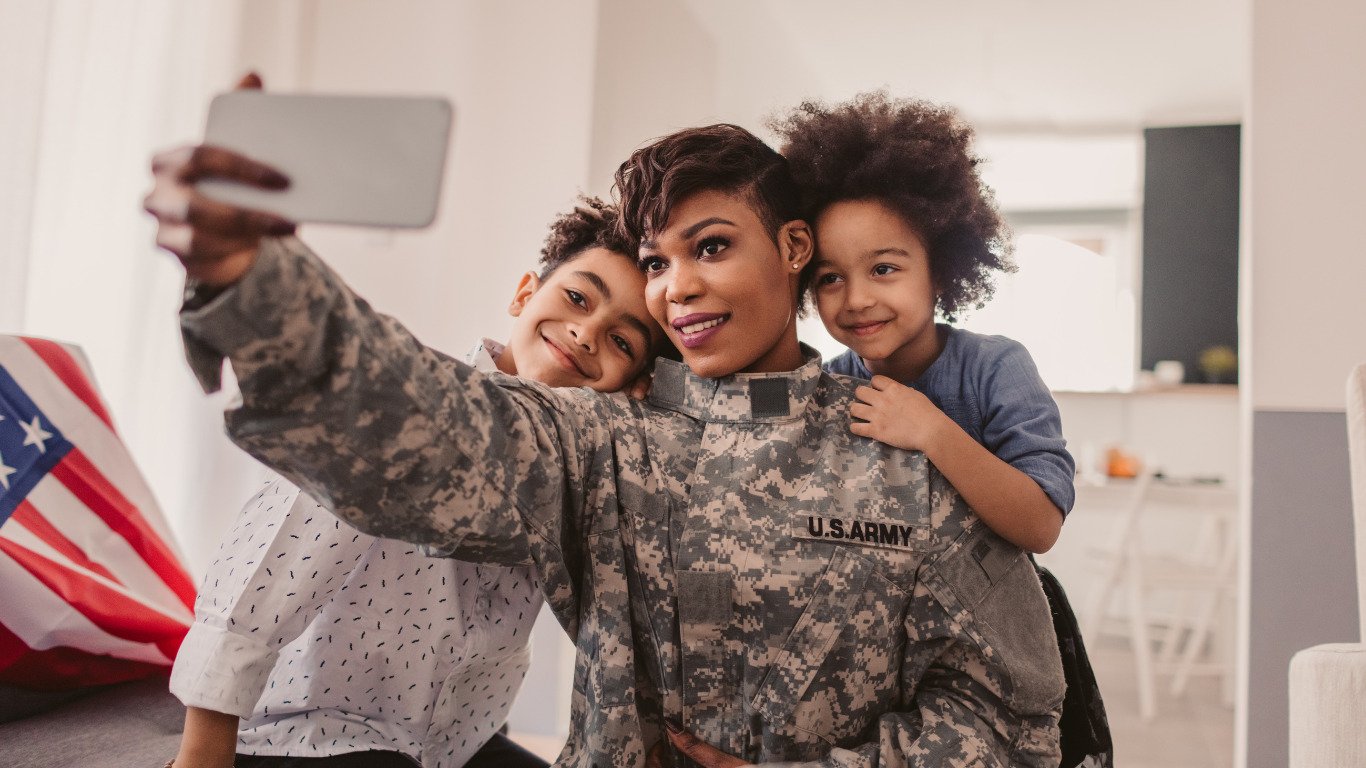
Embracing Conflict
August 3, 2023

Dr. Marian “MJ” Jefferson,
Founding Director of Warrior’s Purse, Inc.
You know, relationships can be both amazing and challenging at the same time. And one thing that’s bound to come up sooner or later is conflict. That’s right, those pesky disagreements, misunderstandings, and differences of opinion that can sometimes throw us off, blind us and bind us. But guess what? Avoiding challenging issues won’t do us any good in the long run. In fact, embracing conflict is the best way to strengthen our relationships and we can do so in a way that enriches everyone. Here are five constructive and loving ways that we can support healthy communication when resolving conflicts in relationships:
1. Listen with an open heart. If you are waiting on the edge of your seat for your turn to jump in and “have your say”, well, you are not When a conflict arises, it’s important to give your undivided attention. Listen to get a clear picture of the perspective and understanding of others. Lean in. It may feel uncomfortable, that’s okay, say so but sit with it. It’s okay to struggle.
2. Just admit it when you did it. Now I know you’re probably thinking, “I don’t want to be therapized.” This isn’t therapy but it can be therapeutic. What do I mean? When we are willing to look at our part and take personal accountability for our part in every situation every time, it gives the other person room and they don’t have to be standing there, ready to defend themselves every time they see us coming. Communication in relationships isn’t about winning or losing. It’s about communion.
3. Use “I” statements. Now this is related to number 1, but different. We need to be able to hear others, but it is also important for us to be heard. Sometimes, however, we can be overwhelmed by feelings and emotions and what comes out of our mouths is a result of frustration and anger. Using “I” statements can help us to express what we are thinking and feeling, without blaming others. Here are a couple of examples of “I” statements:
a.“I feel hurt when I think that my opinions are being dismissed without consideration.” This statement focuses on expressing emotions but also points out the specific behavior that triggered the hurt feelings.
b. “I need some space and time to process our disagreement calmly, or prayerfully, before we continue this discussion.” This may spark a bit of controversy, but we are not asking for permission. This sets a healthy boundary. We are stating this is what we need to be okay and avoid escalating tensions. It may help to talk about “fair fighting rules” ahead of time so that the ground rules are understood by all.
4. Create safe spaces. Sometimes being in a territory that’s too familiar can set the tone for some bad outcomes. For instance, if you are asking to have a conversation about why the trash hasn’t been taken out in the middle of a Sunday afternoon football game, forget it! Read the room, honey. Agree ahead of time on a schedule for emptying the trash. Agree on a compromise schedule for game day. If he still forgets, up the ante. Perhaps he will agree to taking care of bath and story time if he forgets to empty the trash twice in a row.
You may also want to agree to never have certain discussions in the bedroom. I have personally found that sometimes this is the absolute worse place for certain topics and may lead to a season of drought if you take my meaning. Agree on places and times that are sacred and have great meaning to you both.
Kids love getting these special notes too. You can put it in their lunch box or leave it on the bathroom mirror with their name on it. Leave it on their closet door or send the note or card through the mail. If you have more than one kiddo, set a time and space that is different for each child and don’t forget to get their input.
5. Express your appreciation. Conflict can indeed be challenging at times, but we can make it a bit easier by acknowledging the other person’s willingness and participation. We should always express our gratitude and thankfulness for being in relationships, having the privilege to share our thoughts, feelings and emotions with people who truly care about us and meaningful outcomes. We should also express thanksgiving and gratitude when having tough conversations with others with whom we are just getting to know. Never leave a conversation without expressing that you are grateful for being able to share your point of view and that someone thought enough to share theirs with you.
Remember, conflict is a natural part of any relationship and how you handle it can either drive a wedge between you or bring you closer together. You can build relationships that grow stronger with every challenge. By embracing conflicts with love and care, you will nurture the roots of your relationship, create meaning, strengthen bonds, and foster deeper understanding. In the face of conflict remember that you are, or you are building a team, and together you can overcome any obstacle that comes your way.
Cheers to you!
MJ



